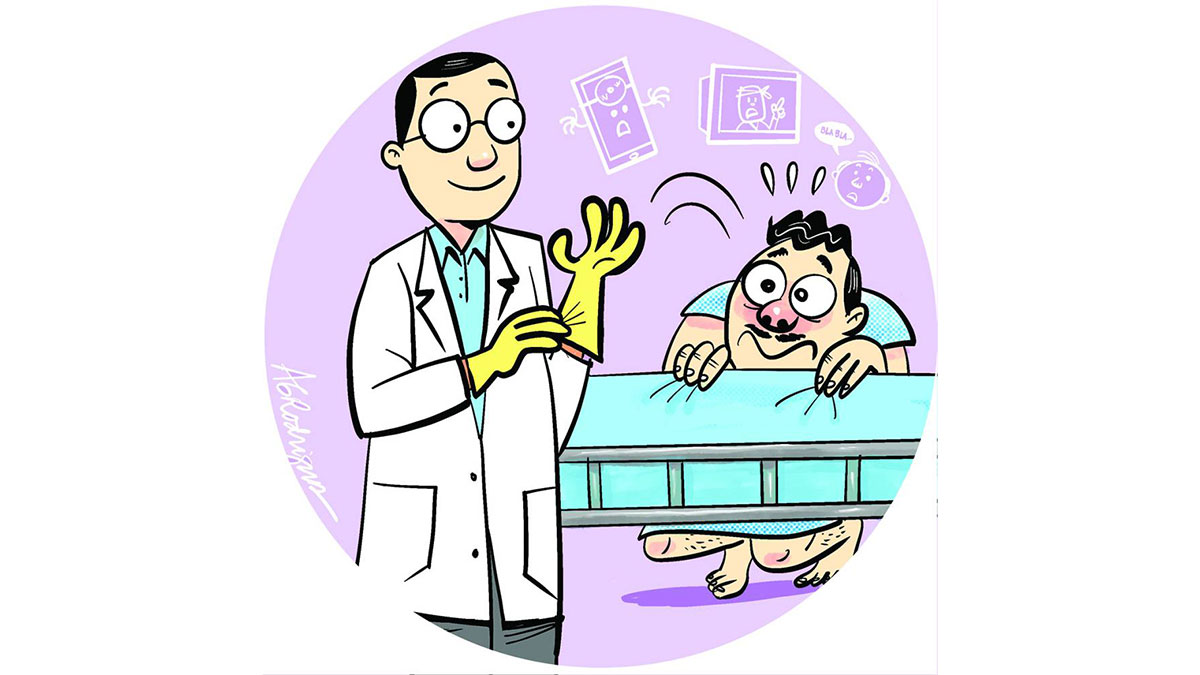For over 50 years now, abundant scientific and statistical proof of the existence of such psychic abilities as telepathy, clairvoyance and telekinesis have been available for scrutiny by any interested individual or institution in both Western and Eastern European countries.
Yet, such studies have been largely ignored by the mainstream scientific establishment.
Many reasons have been advanced for this lack of interest among orthodox scientists and researchers. The most common objection to such proofs is that the research or experimental methods and controls used were not strict enough, so that hidden or unintentional cues could have enabled the subjects to give correct answers.
This objection has been hurled by critics, for example, against the conclusions made by Dr. J.B. Rhine of Duke University that telepathy exists, despite his strict adherence to scientific experimental protocol over a period of more than 30 years.
If critics cannot find any fault in the experimental method and controls used by these pioneer psychic researchers, the number of trials made is deemed as not big enough to warrant a valid conclusion.
One scientist, for example, who admitted the possible existence of telekinetic phenomena, said that if the trials are repeated hundreds of thousands of times, they will yield some deviation from the norm. Therefore, he was still skeptical. This objection has been repeated by other critics who never even bothered to look at the evidence.
And because demonstrations of psychic powers are not always repeatable, it has been easy for critics to suggest fraud or deception. These critics have absolutely no idea how psychic powers work. These do not conform to orthodox and accepted scientific rules. There’s a world of difference between objective and subjective reality, and psychic powers belong to the latter.
Nonmaterial
The problem arises when we begin to apply objective, scientific principles and methodology to something subjective and nonmaterial. Orthodox, mainstream science was meant to study and validate only physical or material phenomena. As such, it is perfect and cannot be improved upon.
But it cannot and should not be applied to supernatural, non-material and subjective phenomena. Otherwise, we are bound to arrive at incorrect or invalid conclusions.
Let me give a concrete example of what I mean here. If I hold a stone in my hand and let it go, the stone will, of course, fall to the ground because of the pull of gravity. There is no question about it, because it can be explained scientifically.
But if the stone, instead of falling down, rises up on its own without any support, such as a string or magnet or any device at all, it is considered an illusion or trickery.
In Shivapur, India, I witnessed and even participated in something which is physically impossible to do. Together with 10 other men, we easily lifted a 220-lb oval granite stone high above our heads using only one of our fingers, while shouting or chanting “Quamar Ali Darvesh.” It took four men to lift that heavy stone and move it around. I tried to lift it alone and could not.
Skeptics, of course, will say that’s just trickery. Why? Because it can’t be explained scientifically. We must look elsewhere to explain this type of phenomenon.
As Charlie Brown pointed out in the Peanuts comic strip, “You can’t solve a New Math problem with an Old Math mind.” Materialist scientific methods were never meant to study subjective, supernatural phenomena.
I agree, therefore, with the critics of paranormal and psychic phenomena that there is no such thing based merely on materialist, orthodox or generally accepted scientific principles.
To prove the existence of the supernatural we need to develop a new science: the science of the impossible.
Quantum physics seems to be the best candidate for exploring and explaining the wonderful and incredible world of the non-physical universe, including ESP and consciousness, because it has realized that there is nothing absolute or certain in the world. Everything lies in the realm of probabilities, and subjective reality is, in fact, considered more real than objective reality.
Call 0998-9886292; e-mail jaimetlicauco@yahoo.com












































